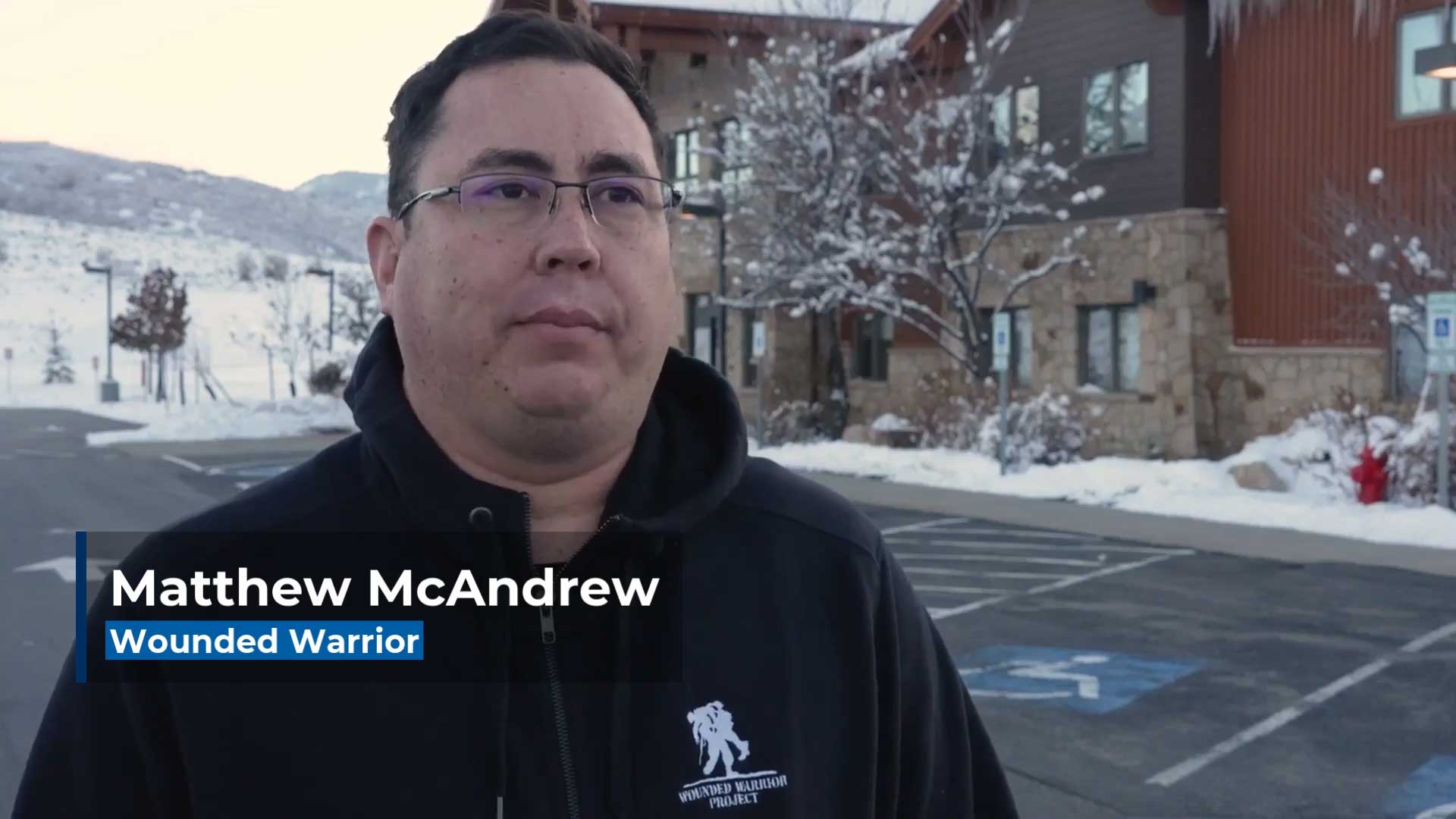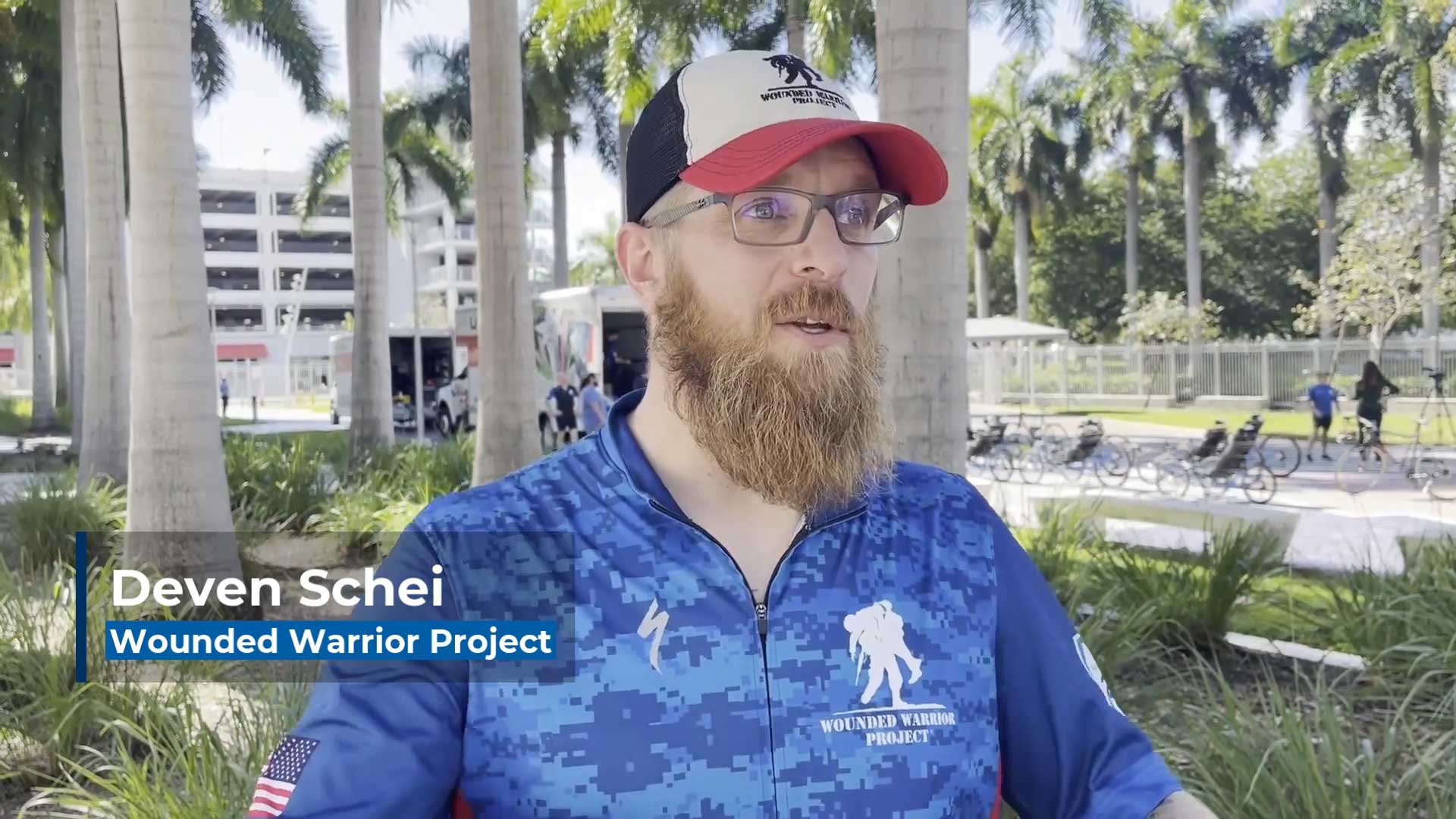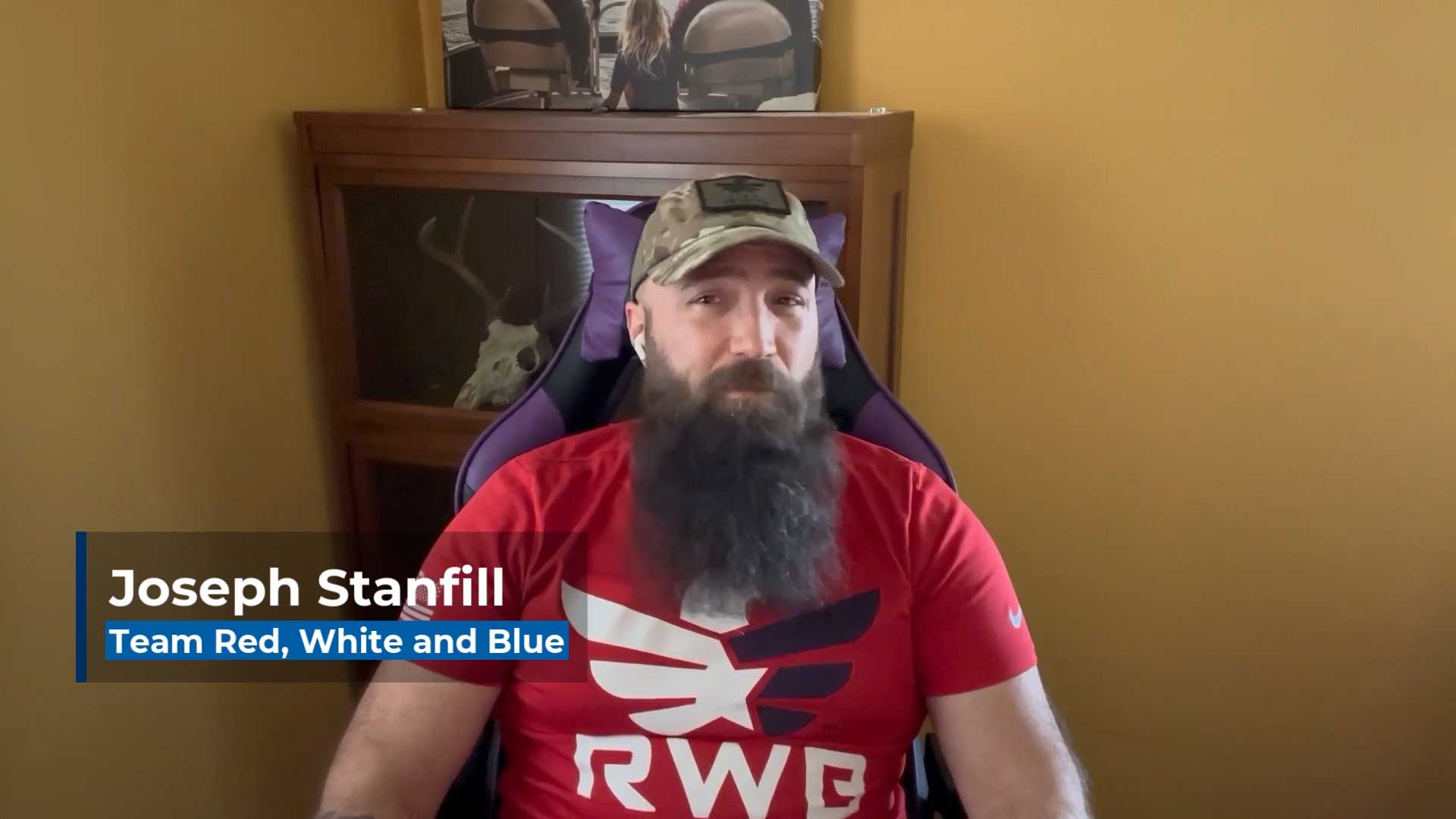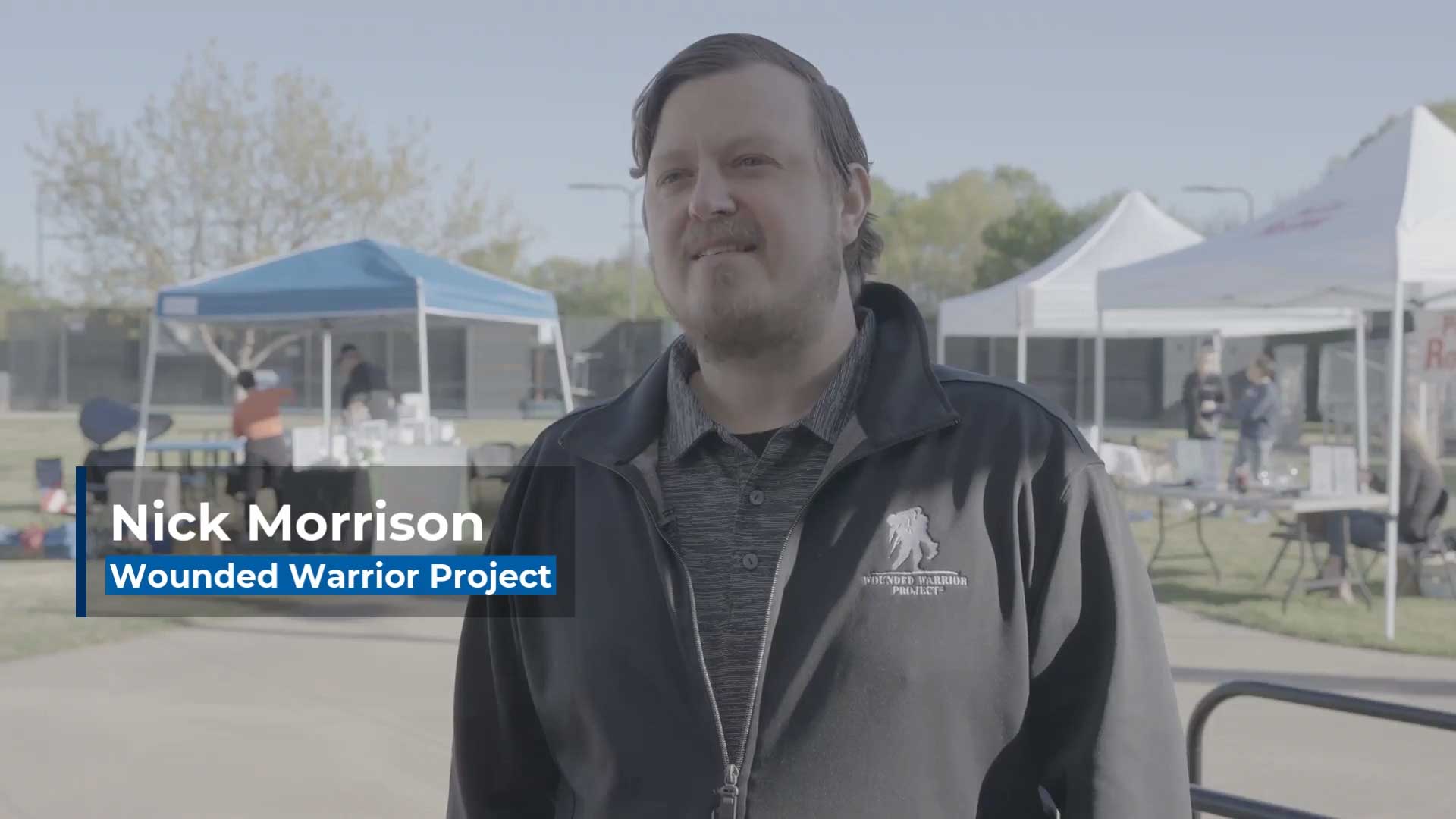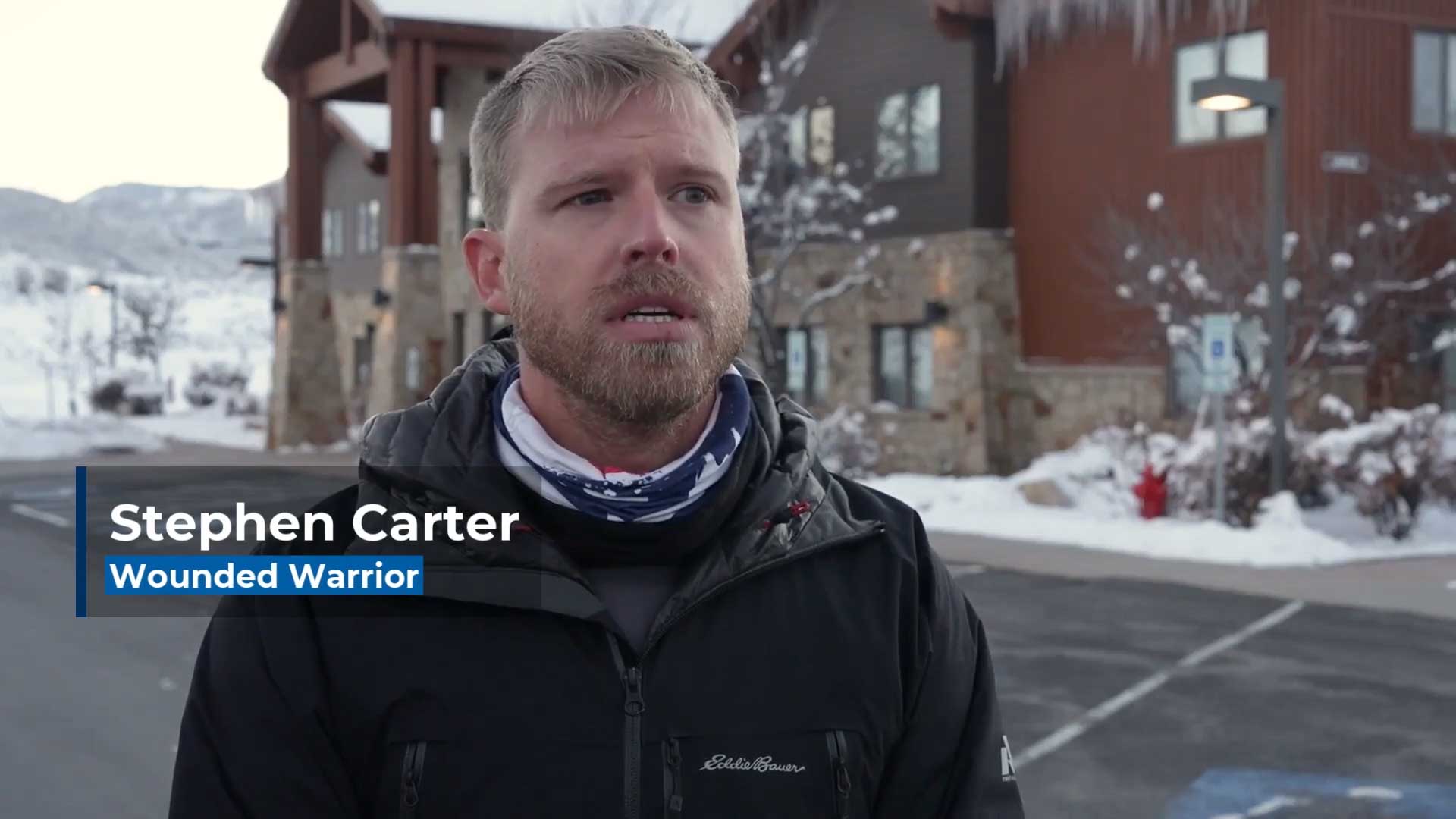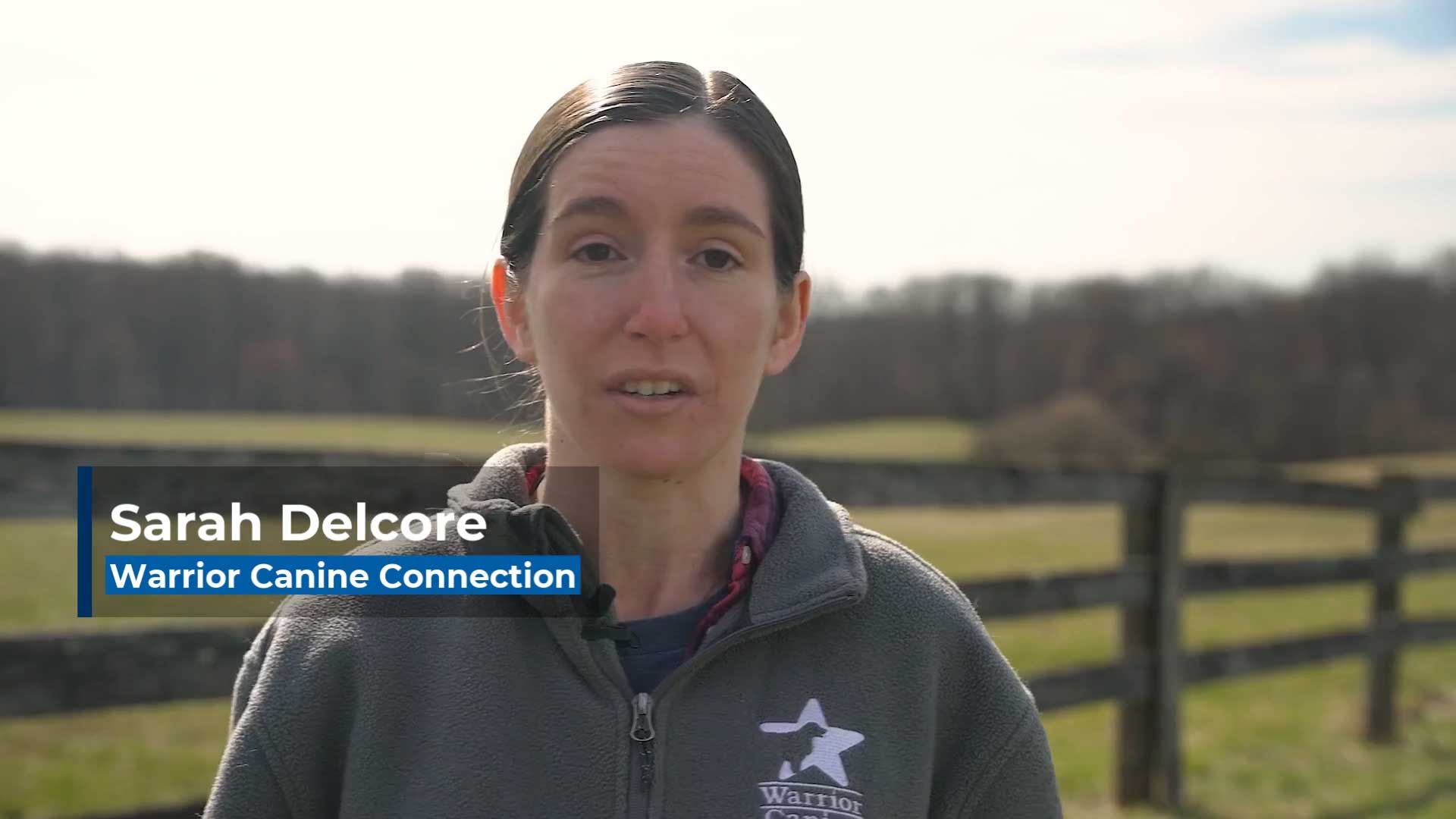PTSD Advice for Veterans: How to Grow After Trauma
Wounded Warrior Project® tips from veterans help normalize seeking care.
JACKSONVILLE, Fla., June 21, 2023 /PRNewswire/ -- What does life look like with post-traumatic stress disorder (PTSD)? For Tonya Oxendine, who served three decades in the U.S. Army, life with PTSD is full of laughter and joy. That was not always the case.
Experience the full interactive Multichannel News Release here: https://www.multivu.com/players/English/9174053-wounded-warrior-project-ptsd-advice-for-veterans/
Tonya Oxendine, U.S. Army Command Sgt. Maj. (Ret.): "When my PTSD led me to attempt to drive off a bridge and almost complete suicide, I used my last ounce of strength to drive to a nearby military base and say three words that changed my life: I need help. I got plugged into resources like Wounded Warrior Project that helped me reclaim my life."
PTSD is the second most common health need among the more than 200,000 injured, ill, and wounded post-9/11 veterans Wounded Warrior Project® (WWP) serves.
Learn About Veteran PTSD and How WWP Helps
This year, veterans from WWP programs and partners were invited to share advice for their peers with PTSD who may be hesitant to accept the help they deserve. Their video messages—part of WWP's #CombatStigma campaign—seek to normalize seeking mental health care.
What Happens When a Veteran Asks for Help with PTSD?
When veterans ask for help, they can be flooded with information and resources. PTSD impacts everyone differently, so picking the right next step can feel overwhelming. Organizations like WWP strive to reduce the guesswork around finding options that fit each warrior's goals and comfort level.
Erin Fletcher, Psy.D., Wounded Warrior Project director of Warrior Care Network: "There are different programs that can help you build a field map to healing, allowing you to understand your PTSD and navigate its impact. Wounded Warrior Project is committed to equipping post-9/11 veterans with tools and support to take the power back from painful memories."
When left untreated, PTSD can become more difficult to overcome and manage, so Dr. Fletcher recommends not waiting to begin the healing journey.
How to Turn Trauma into Personal Growth
Trauma can unlock new perspectives on life. This can be nurtured to deliver life-changing benefits. The phrase "post-traumatic growth (PTG)" is used to discuss how traumatic events can lead to positive changes, including:
- Improved ability to relate to others.
- Increases in personal strength.
- Spiritual changes.
- Appreciation for life.
In its 2022 Annual Warrior Survey, WWP asked warriors to identify positive ways their lives changed after traumatic experiences. The most common answers included, "I have a greater appreciation for the value of my own life" and "I changed my priorities about what is important in life."
How Can Veterans Achieve Post-Traumatic Growth?
Veterans can connect with programs, resources, and peers to find inspiration and achieve personal growth after a traumatic experience.
Nick Morrison, U.S. Marine veteran: "If you're willing to let your guard down and invest in yourself, healing is possible. Change is possible."
Deven Schei, U.S. Army veteran: "It's not only about you, but your family as well. Wounded Warrior Project is here to help the family. You have nothing to lose."
Growth can be found through a variety of approaches, including:
- Connecting with people who have had similar experiences.
- One-on-one emotional support or counseling.
- Adventure-based learning or physical challenges that engage your mind and body.
- Clinical programs that teach skills for managing PTSD symptoms.
WWP programs and partnerships leverage these approaches and more to ensure warriors with PTSD can achieve their highest ambitions. Many of these same programs are available to the warrior's family and caregivers, too. Learn more about the many paths to resilience after PTSD.
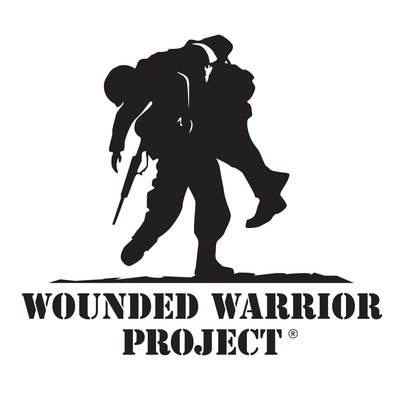
SOURCE Wounded Warrior Project
